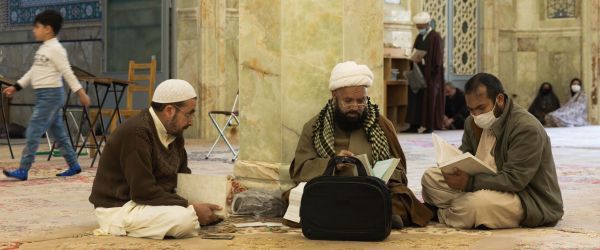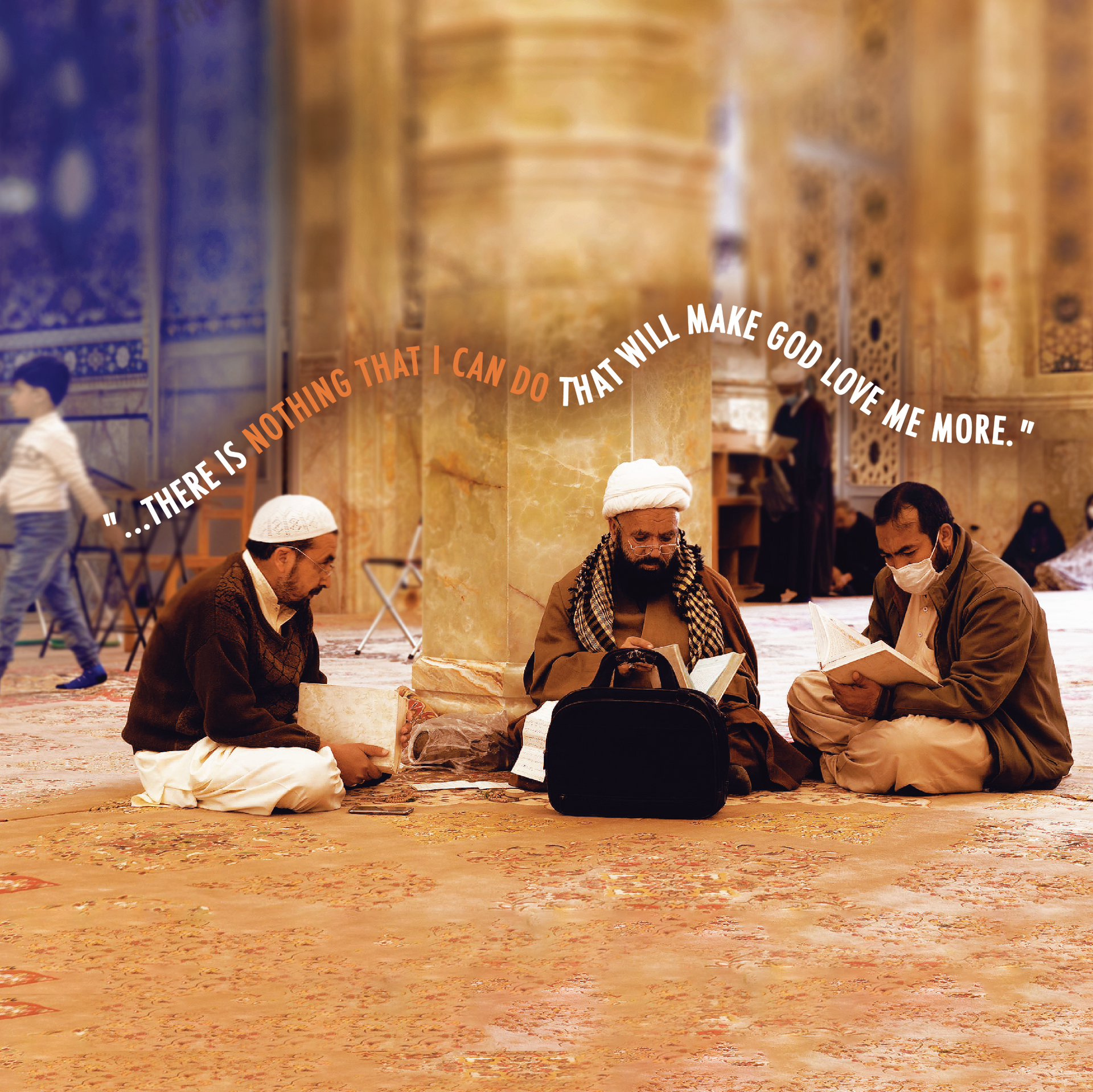
Answering Favoritism with the Gospel
We were at an Eid celebration, marking the end of Ramazan*, when I got separated from my companions. We lined up for food, but for some reason, I ended up sitting at a table with nine men I had never met before.As we were sharing a meal, they started asking rapid-fire questions like, “Which tribe is your favorite in our country? What do you think of Islam? What do you think about the Quran? Have you ever read the Quran? Do you think the holy prophets were without sin? Are you a Muslim? Why are you here?” They were fascinated that I had lived in their country previously and spoke some of their language.I worked my way through each question and in doing so, managed to ask a few questions myself. It was a lively discussion, to say the least. I tried my best to answer without offending them as we enjoyed our meal together. There was actually one man who was more intense than the others. But for the most part, they were very gracious and glad to have me there and have a healthy discussion together.As we were finishing up, I ended with a gentle challenge, “Have you ever read the Bible? Have you read Moses and David and the words of Jesus? It says in the Quran that you are to read the Holy Books, have you done that? I would be happy to talk to you further after you have read them.” I hope
and pray that they will take on this challenge. Love Them Equally
I want to go back to the very first thing I was asked, “Which tribe is your favorite?” It was a troubling question. One of the more difficult things in many Muslim families is that they have favorites. They don’t just joke about it like, “Mom likes me best.” They blatantly express it by specifically saying, “He/she is my favorite child.” To make matters worse, it is often said in front of their other children! Sadly, we have heard this on many different occasions.It brings to mind the Old Testament story of Joseph and his coat of many colors. Just as there was strong jealousy on the part of Joseph’s brothers that led to pain and separation, so too is this seen in the lives of children in Muslim families when they are not named the favorite. When you interact with Muslim families, try to spend equal amounts of time with each person. Be sure to ask how each one of them is doing so that no one feels left out.
God’s All-Encompassing Love
I answered the question on favoritism with this, “We are all created in the image of God. God loves us equally, so we too should love others equally.” They laughed at my answer and teased that I might have favorites but didn’t want to say it. I said my wife and I love each of our children equally, and we tried to love all those we met in their country equally as well. I could see in their eyes and hear from their responses that my answer didn’t make sense to them.I touched on the subject from a different angle when I answered their question about what I thought about Muslims and the month of fasting. I said, “It is a great thing that you fasted through the month of Ramazan and sought to know God better and seek his favor. The Bible says that God loves all nations and desires that all seek him and come to faith in him. But, it also says that there is nothing that I can do that will make God love me more. There is nothing that I can do that will influence God or cause him to accept me. His word says that Jesus died and rose from the dead, breaking the power of sin and death, ( I should have also said to take away our
shame
) to restore the broken relationship between us and God. It is a free gift to us; we simply need to believe.”There was a quiet silence that followed that comment. Then one man said, “Muslims believe that Jesus was a great prophet, and there are stories about him in the Quran.” I agreed with him but added that Jesus was also more. He was sinless and born of a virgin. He healed the sick and restored the sight to the blind. He called himself the way, the truth, and the life. He said he is the light
of the world and the bread of life. I told them I believe he is the savior of the world.Suddenly, the time was up, and other people showed up at our table collecting dishes and rolling up the plastic tablecloth. As we stood and moved towards the door, they asked for my phone number. I hope
to hear from them again to continue our discussion and that the Lord draws them to himself.
*Ramazan is a variant spelling/pronunciation of Ramadan in certain countries where Arabic is not a main language.
Explore how SEND teams are reaching Muslims
Give to SEND's Muslim ministry projects

Additional Posts




